Exploring Representation and Advocacy in Government with "What Do You Do with a Voice Like That?"11/3/2020
BY SCOTT RILEY AND MARY ANN CAPPIELLO, ON BEHALF OF THE BIOGRAPHY CLEARINGHOUSE 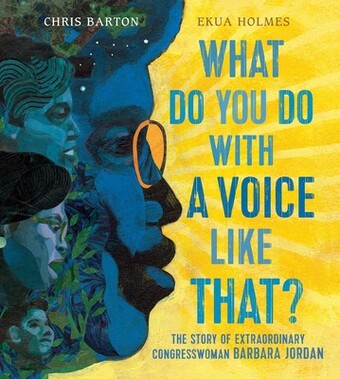 The nation is rattled by a presidential impeachment trial. The economy is held in the grip of a recession. Black Americans demand an end to racism, redlining, and segregated schools. Women insist on equity in the home and in the workplace, control over their finances and their bodies. 2020? No. 1974. The votes cast today, on Election Day 2020, along with the millions of votes cast over the last several weeks, will determine the next president and vice president of the United States of America. Today’s votes will also elect all members of the U.S. House of Representatives and 35 members of the U.S. Senate. How much do our students know and understand about these legislative bodies and the power with which they are endowed? About the people who serve within these institutions? One small way to begin a conversation about these legislative bodies, the legislative process, and the people who fill those seats is with a reading of What Do You Do with a Voice Like That? The Story of Extraordinary Congresswoman Barbara Jordan, written by Chris Barton and illustrated by Ekua Holmes. This 2018 picture book tells the life story of Barbara Jordan, the formidable Congresswoman known for her defense of the Constitution during the 1974 impeachment trial of President Richard Nixon:
Barbara Jordan believed in the Constitution, and she believed in the power of the processes of government to enact change on behalf of the greater good. Throughout What Do You Do with a Voice Like That?, author Chris Barton uses the power and conviction of Jordan’s voice to demonstrate to readers how Jordan worked within the system to advocate for social justice. Through repetition, sentence variety, and precise word choice, Barton captures Jordan’s transition from studious young woman to tireless champion. Ekua Holmes’ mixed-media collages move from intimate close-ups to panoramic views, constantly shifting and changing perspectives to engage the reader in different portraits of Jordan.
By investigating biographers’ research and writing processes and connecting people and historical events to our modern lives, we hope to motivate change in how readers engage with biographies, each other, and the larger world. To see more classroom possibilities and helpful resources connected to What Do You Do with a Voice Like That? The Story of Extraordinary Congresswoman Barbara Jordan, visit the What Do You Do with a Voice Like That? The Story of Extraordinary Congresswoman Barbara Jordan page on The Biography Clearinghouse. Additionally, we’d love to hear how these interviews and ideas inspired you. Email us at [email protected] with your connections, creations, questions, or comment below if you’re reading this on Twitter or Facebook. If you are interested in receiving notifications when new content is added to the Biography Clearinghouse, you can sign up for new content notices on our website. Scott Riley is a middle school instructional coach at Singapore American School where he supports professional learning in and out of classrooms and the debut author of The Floating Field: How a Group of Thai Boys Built Their Own Soccer Field (Millbrook Press 2021). Mary Ann Cappiello teaches courses in children’s literature and literacy methods at Lesley University, blogs about teaching with children’s literature at The Classroom Bookshelf, a School Library Journal blog, and is a former chair of NCTE’s Orbis Pictus Award for Outstanding Nonfiction K-8. Comments are closed.
|
Authors:
|
CLA
About CLA
|
Journal of Children's Literature
Write for JCL
|
ResourcesCLA-sponsored NCTE Position Statements
|
Members-Only Content
CLA Video Library
|
© COPYRIGHT 2018.
ALL RIGHTS RESERVED |

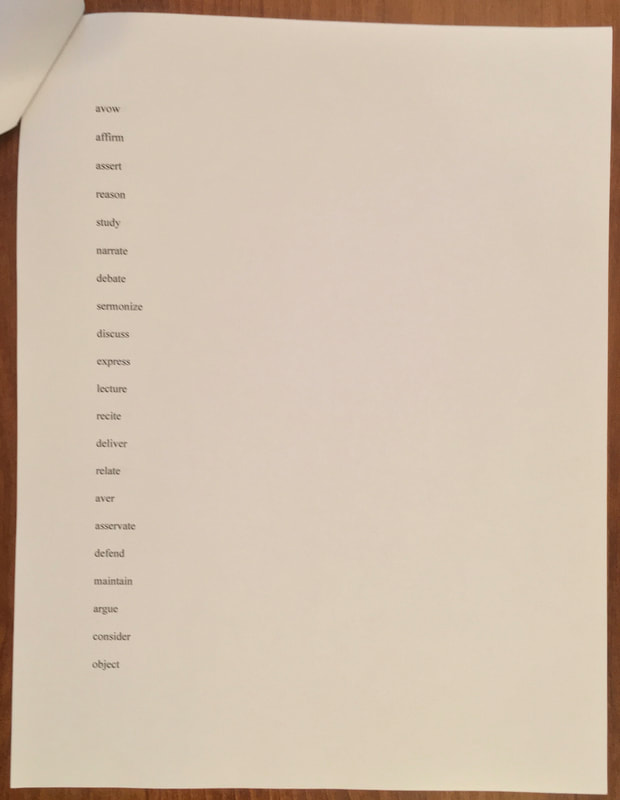
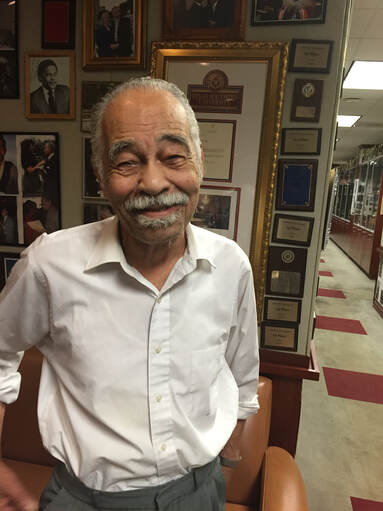
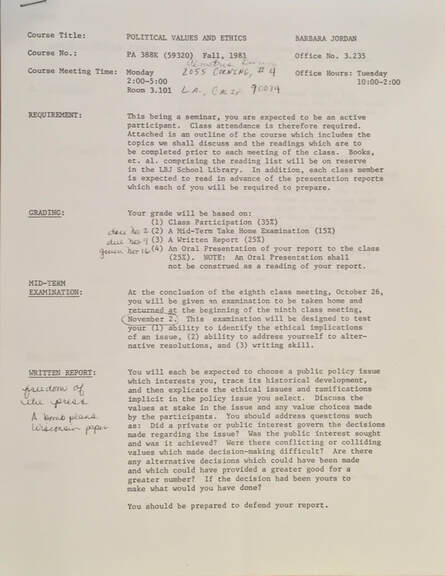
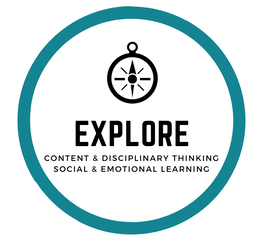
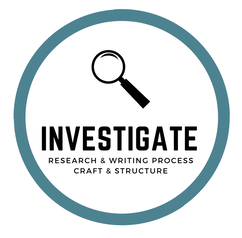
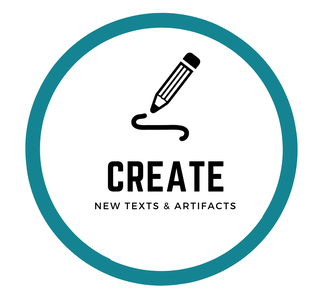

 RSS Feed
RSS Feed